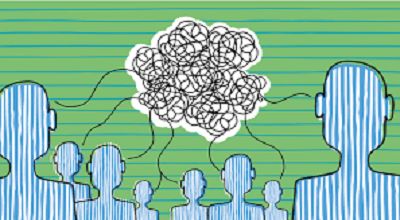Health Education
Health Education is a process that aims to promote knowledge, awareness, and skills related to health and well-being. It encompasses a wide range of activities and strategies designed to inform individuals and communities about various aspects of health, including physical, mental, emotional, and social well-being. The primary goal of health edu is to empower people to make informed decisions about their health and adopt behaviors that lead to better overall health outcomes.
Here are some key components and benefits of health education:
Components of Health Education:
- Information Dissemination: Health education provides individuals with accurate and up-to-date information about various health topics, such as nutrition, exercise, disease prevention, sexual health, mental health, substance abuse, and more.
- Skill Development: It helps individuals develop essential skills like communication, decision-making, problem-solving, and goal-setting, which are crucial for making healthy choices.
- Behavior Change: Health edu aims to influence and encourage positive health-related behaviors. It provides strategies and support to help individuals adopt and maintain healthy habits.
- Awareness and Knowledge: It increases awareness of health issues and their impact on individuals and communities, as well as enhancing knowledge about preventive measures and available healthcare resources.
Benefits of Health Education:
- Disease Prevention: Health education plays a vital role in preventing diseases by promoting behaviors such as vaccination, regular check-ups, and healthy lifestyle choices like proper diet and exercise.
- Improved Decision-Making: It equips individuals with the information and skills needed to make informed decisions about their health, leading to better choices regarding nutrition, exercise, and medical care.
- Reduced Health Disparities: Health edu can help reduce health disparities by ensuring that all individuals, regardless of their background, have access to essential health information and resources.
- Empowerment: It empowers individuals to take control of their own health and well-being, enabling them to actively participate in healthcare decisions and advocate for their health needs.
- Healthier Lifestyle: By providing information and promoting healthy behaviors, health edu contributes to the adoption of a healthier lifestyle, leading to a lower risk of chronic diseases and improved overall quality of life.
- Enhanced Public Health: Health education at the community level can lead to improved public health outcomes by reducing the incidence of diseases, promoting healthy environments, and fostering a culture of wellness.
- Cost Savings: Prevention and early intervention, which are often promoted through health edu, can lead to cost savings in healthcare by reducing the burden of treating advanced diseases and chronic conditions.
Final Words
In summary, health education is a valuable tool for promoting individual and community well-being. It empowers individuals with knowledge and skills to make informed decisions about their health, ultimately leading to healthier lifestyles and improved public health outcomes.
